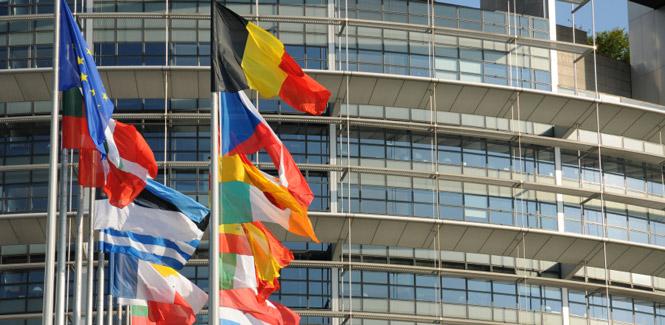
The three ‘Rs’ of climate change: Reform, ratchet and relentlessness
Helen Spence-Jackson, Programme Manager
25 September 2015
As many of you know all too well, decision-making in Brussels can be a lengthy process, with careful compromises and a three-way ping pong match between the Commission, Council and Parliament along the way. Ministers meeting last week at the Environment Council will therefore have been very pleased to take some concrete final decisions on two very significant dossiers, ahead of the crucial meetings in Paris for COP21.
First, ministers signed off their approval on the Market Stability Reserve (MSR), which is designed to soak up surplus emission permits and improve the functioning of the Emissions Trading System (ETS). This decision should help to drive a higher carbon price (from 2019) and bodes well for the on-going discussions around ambitious revisions to the ETS. The ministers’ decision is therefore welcome as a way to keep Europe on track for developing a low carbon economy and energy system.
The Prince of Wales’s Corporate Leaders Group (CLG) has been heavily involved in the conversations around reform of the ETS. In fact, the group’s recent report noted that the existence of the EU ETS has helped most companies focus on carbon emissions reduction and documented how those companies that have shown leadership and recognised that the future is low carbon, have been rewarded with declining costs and a drive for creativity and innovation, thanks to the ETS. The ministers’ decision is therefore welcome as a way to keep Europe on track for developing a low carbon economy and energy system.
EU environment ministers also signed off the EU mandate for the forthcoming COP21 in Paris. The EU had already submitted a pledge to the UN to cut greenhouse gas emissions by at least 40 per cent by 2030 compared to 1990 levels, but during last week’s meeting, the EU agreed its negotiating mandate for the COP, agreeing to, amongst other things, seek a ‘long-term goal’ in line with a 2°C objective. The Council position calls for a peaking of global emissions by 2020 at the latest, to be reduced by at least 50 per cent by 2050 compared to 1990 levels reaching ‘near zero or below by 2100’. Of course the EU has already committed to reduce its own emissions by 80–95 per cent by 2050.
They also, significantly, indicated that the EU was committed to five-year reviews to ensure progress would be made and ambitions improved on a regular basis. This is important because although the current country pledges (INDCs) are definitely going to help us make major progress towards achieving our 2°C goal, it’s clear that more will be needed. Therefore, Paris will need to create a dynamic and iterative mechanism that raises ambition until the job is done.
The significance of this long-term goal and the promise of a review (or ‘the ratchet’ as it is known in the Belgian capital) is considerable. As Luxembourg’s Environment Minister, Carole Dieschbourg said at the Green Growth Platform Summit last week, “I believe the EU can take a leading role in the negotiations,” adding that it is important to have a long-term target with clear wording to keep warming below 2 degrees. “Such a signal is very important for business”, she said, and support from business is central to realise the “paradigm shift” that decarbonisation requires.
The efforts made by leadership voices like the CLG to explain to decision-makers the benefits to business of an ambitious policy framework and a long-term goal appear to be bearing fruit. And policymakers can be sure that these voices will not be going away. The members of the CLG are joined by an ever-growing cohort of businesses that have recognised that there is an inevitable transition underway. These companies can see the positive future for them, they know it requires investment and innovation in a low carbon, low climate-risk economy, and they will be relentless in pursuing these goals.





